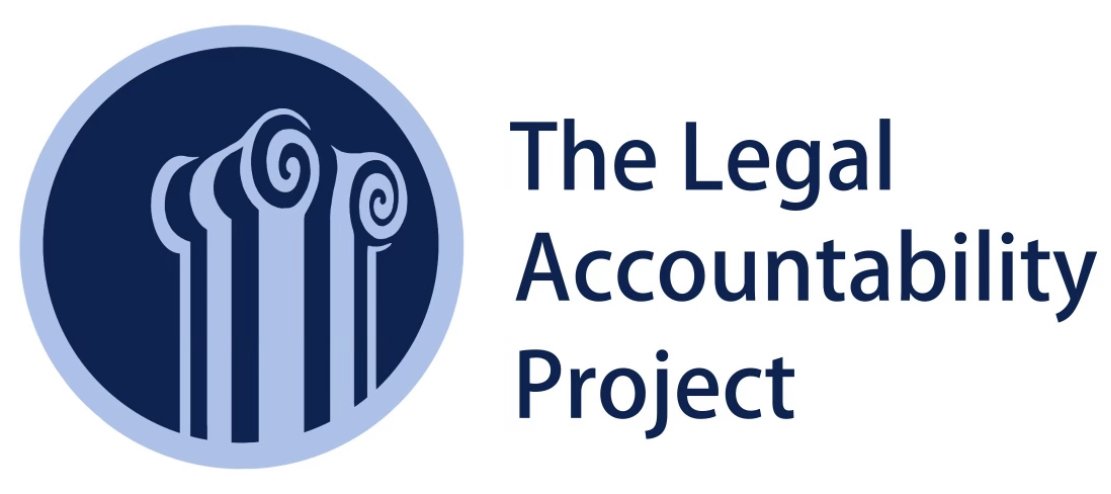Finding the “right” clerkship
Considering the outsized influence that clerkships have on attorneys' future success, it is particularly important that law students identify the right clerkship. This is difficult, considering the dearth of candid information about judges as managers and clerkship experiences that is accessible to students.
There are many things I wish I’d known before clerking - about chambers culture, tasks, the judge’s relationship with his clerks, how the judge provided feedback, the hours I’d be expected to work, and ideology. Unfortunately, because of the decentralized and opaque structure of the clerkship system, and law schools’ disparate practices, there weren’t many people to ask, and those with information were incentivized not to share it.
I clerked because:
My dream job at the DC US Attorney’s Office required one year of work experience to apply.
My role models - federal prosecutors and government attorneys - had clerked.
I hoped to get a crash course in trial lawyering in the jurisdiction where I intended to practice by learning from the attorneys who appeared before the court.
I knew that a recommendation from a judge who had a relationship with my intended future employer was important.
My law school professors had clerked, and they encouraged me to.
No two judge/clerk relationships are the same. Yet law schools do not factor in students’ unique considerations about diversity, ideological alignment, or identity when they advise applicants to apply broadly - meaning across the U.S. and across the political spectrum - and to accept the first clerkship they are offered.
That's why questions about chambers culture, hours, tasks, feedback, workplace treatment, and ideology are all included in LAP's post-clerkship survey. LAP's Clerkships Database is the resource I wish existed when I was a law student applying for clerkships. This legal technology initiative provides broader, more equitable, more candid information about clerkships than any law school ever could, thereby increasing access to judicial clerkships for historically marginalized groups.
Now, law students are finally asking the right questions before clerking. In LAP’s post-clerkship survey, students can expect to find answers to these and other questions:
How does the judge provide feedback?
What is the judge's relationship like with their current clerks, judicial assistant, and courthouse staff?
Will I get courtroom experience?
What sort of writing experience will I get?
What hours will I work?
What sort of training will I receive when I start?
Does the judge hire diverse candidates?
Is the judge sensitive to diverse identities?
If I am interested in clerking for someone with whom I am ideologically aligned, how can I identify judges to apply to?
Have any previous clerks left their clerkships before the end of the scheduled clerkship period?
Did any clerks experience mistreatment?
Our survey is informed by advice from experts; feedback from judges, law school deans, and clerkship directors; and input from law students and law clerks about what they'd like to know - or what they wish they'd known - before clerking. LAP is law student- and law clerk-centric because we know that transformational progress will come from the next generation of attorneys demanding change.
If you’re a former clerk, fill out our survey at survey.legalaccountabilityproject.org and share your clerkship experience with LAP. Then, encourage those in your networks who clerked to do the same. This is the best way to diversify the clerkship applicant pool, judiciary, and legal profession. If you’re a law student (or alumnus) and you believe this resource would be valuable, urge your law school administration to participate. Every law school can and must do better to increase transparency in the clerkship application process.


